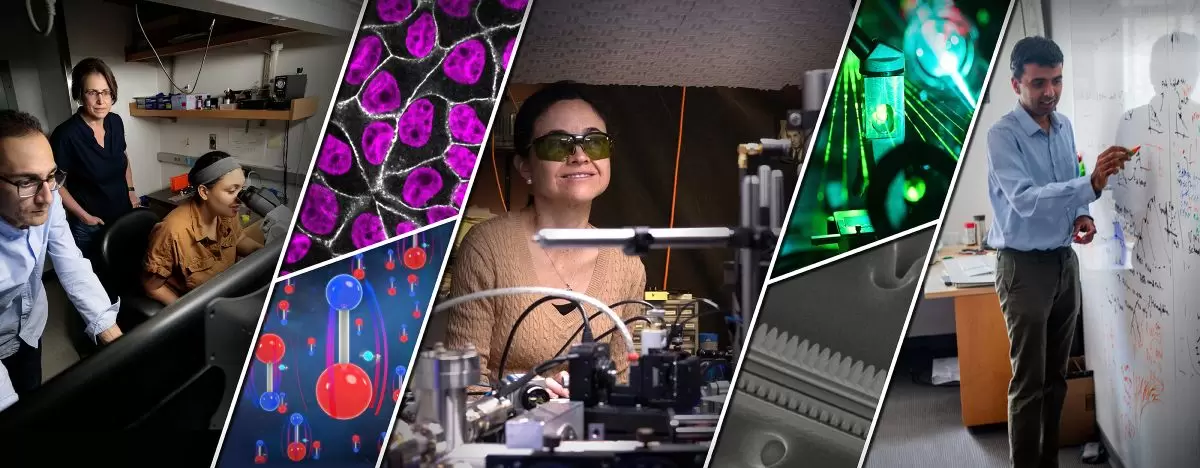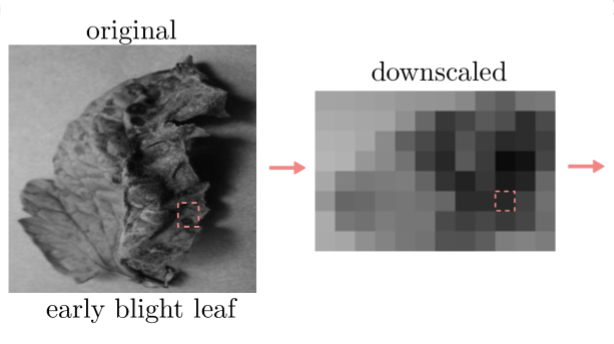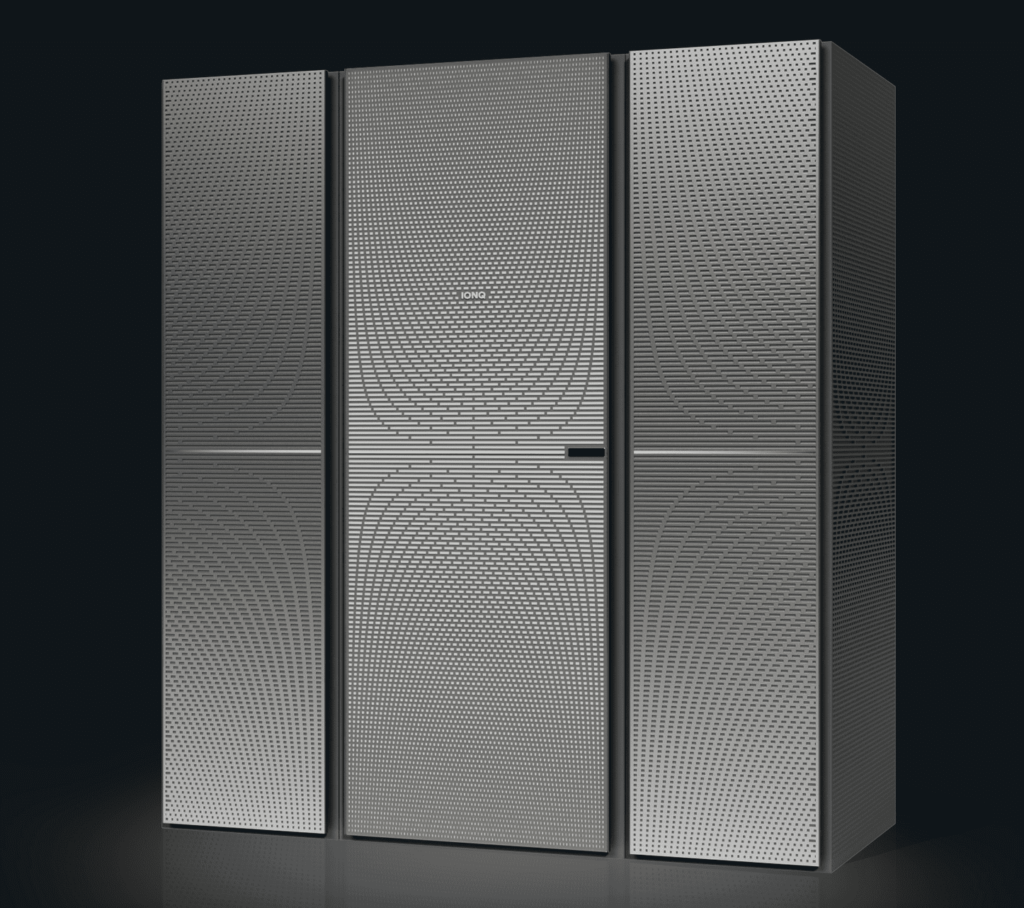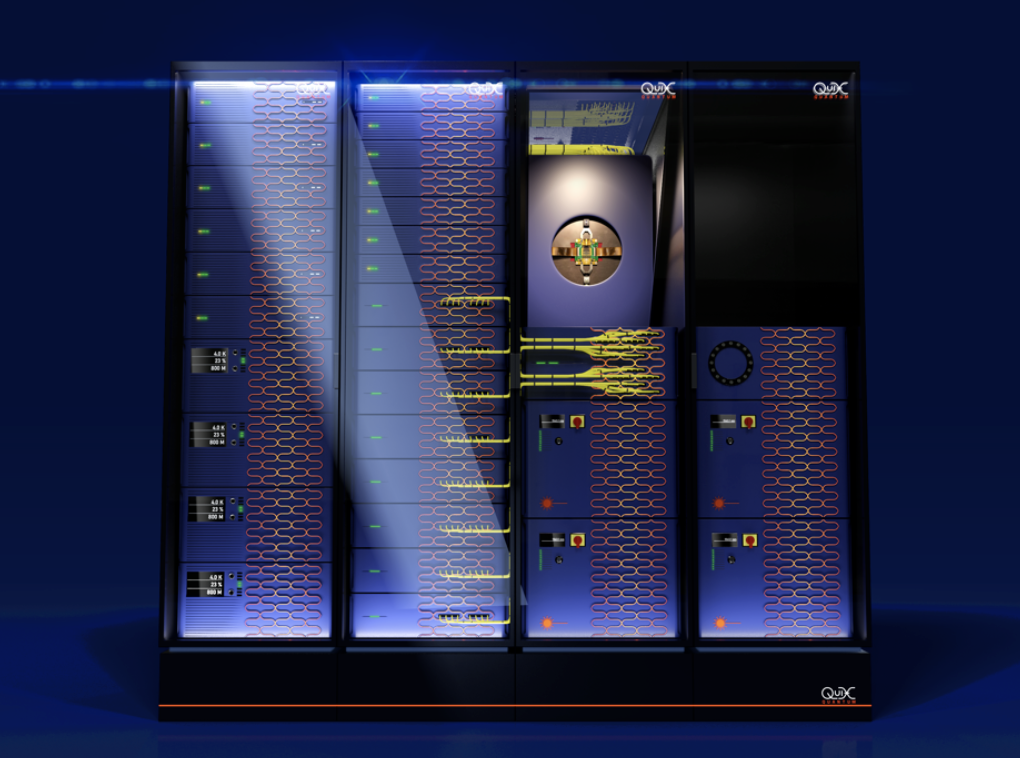Insider Brief
- U.S. National Science Foundation will back four research centers with $76 million in funding.
- The funding is part of the NSF’s Physics Frontiers Centers program.
- Quantum science and quantum information science are receiving particular attention in this round of funding.
- Image: A collage of images showing research activities at several NSF Physics Frontiers Centers. Credit: From left: John Zich & John Devany (University of Chicago), JILA (University of Colorado Boulder), Rebecca Jacobson (NIST), John Preskill (California Institute of Technology), Jean Lachat (University of Chicago)
PRESS RELEASE — Exploring, understanding and harnessing mysterious phenomena at the frontiers of physics are the aims of four research centers to be backed by $76 million in funding from the U.S. National Science Foundation through its Physics Frontiers Centers program. The centers will tackle some of the most challenging — and potentially rewarding — areas of physics research.
NSF Physics Frontiers Centers bring together large teams of researchers to produce boundary-breaking results. Such work requires years of concentrated effort, a range of scientific and technical expertise and new types of equipment. Among the four newly funded centers are one new center and three that successfully competed for renewed funding from NSF. Each will receive between $14 million and $25 million over six years. NSF now actively supports eight physics centers.
“Research teams at NSF Physics Frontiers Centers have made breakthrough after breakthrough, such as creating remarkable new states of matter and revealing the first evidence for the gravitational wave background of the universe,” says NSF Director Sethuraman Panchanathan. “While different in their respective areas of focus, NSF’s newly funded centers are all bold team efforts to punch through to exciting new vistas of scientific exploration. Achieving transformative opportunities requires us to reach those vistas through new technologies and other advances and have a look around.”
Researchers at the newly funded centers will probe diverse and difficult topics such as how the exotic quantum-scale properties of atoms and molecules can be scaled up for new purposes and how matter evolved the ability to store and process information, thus leading to living things with memories.

The centers will provide substantial training and mentorship opportunities to undergraduate and graduate students and postdoctoral researchers to help build the U.S. scientific workforce and prepare the next generation of leaders in physics. The centers also aim to inspire middle and high school students to pursue careers in science, engaging them through educational games and videos, workshops, summer schools and educational outreach with local schools and teachers.
The 2023 NSF Physics Frontiers Centers
NSF Physics Frontiers Center for Living Systems
Located at The University of Chicago, this center is funded for the first time and aims to advance a new field of science focused on understanding how matter is able to store and retrieve information, as living things do with memories. The center will explore:
- The physical origins of biological mechanisms that allow evolutionary adaptation.
- The adaptability of the physical and chemical functions that govern the shape and motion of cells, tissues and organs.
- How physiology is controlled by information processing in living things.
NSF Physics Frontiers Center: Institute for Quantum Information and Matter
Located at the California Institute of Technology, the center seeks to combine and advance multiple fields of physics involving atoms and molecules with new developments from quantum information theory. The center will research:
- Quantum information physics to create new algorithms useful for quantum computing, cryptography and other applications.
- New methods for measurement and sensing using quantum properties of matter.
- Building new and exotic types of quantum materials with unusual properties.
NSF Physics Frontiers Center: Comprehension and Control of Emerging Complexity at the Quantum Frontier
Located at the University of Colorado Boulder, the center will advance control over light-matter interactions to explore quantum systems of increasing size and complexity. The center will:
- Design and control quantum systems comprising many interacting particles such as collections of ultracold atoms and molecules as well as complex materials.
- Develop novel light sources that can precisely control the properties of such exotic quantum systems.
- Find new ways to engineer the quantum states of increasingly complex molecules to create new forms of matter with potentially useful applications.
NSF Physics Frontiers Center for Ultra Cold Atoms
Located at the Massachusetts Institute of Technology, the center’s goal is to enable greater control and programmability of quantum-entangled systems of low-temperature atoms and molecules. The center will conduct experiments involving:
- Quantum gases of atoms and molecules.
- Arrays of exotic atoms in Rydberg states containing a single, highly excited electron.
- Atom-like impurities in semiconductors.
- An unusual linking of light and matter known as “strong coupling” with the potential for new applications in measurement, sensing and networking.
For more information visit NSF Physics Frontiers Centers program.
For more market insights, check out our latest quantum computing news here.




















